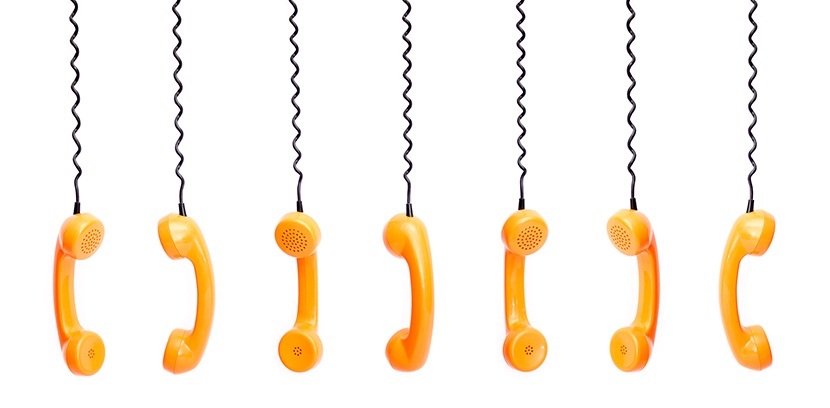According to a recent report, year-to-date figures are indicating that consumers are filing less FDCPA claims. What that means is that businesses and debt collectors are staying readily compliant with the Fair Debt Collection Practices Act, which regulates against unfair collection practices. More 2016 litigation cases are centered around the Fair Credit Reporting Act (FCRA - regulating the use of consumer credit information) and Telephone Consumer Protection Act (TCPA). Unfortunately, TCPA cases are increasing steadily and for the wrong reasons.
Is your business TCPA aware and compliant?
What is the TCPA?
The Telephone Consumer Protection Act was signed into law in 1991 in order to protect consumers from an excess of unsolicited phone calls. Later, this lead to the adoption of the National Do Not Call Registry which allows consumers to opt out of telemarketing and other unsolicited calls. The TCPA also regulates the following:
- What time calls are allowed or prohibited
- Requirement of identification of solicitors and the companies they represent
- Maintenance of a do not call list and how long it should be honored
- Restricted use of autodialers
- Restricted use of computerized calls to cell phones
In general, unless a consumer has given express written consent to be contacted, it is a violation of the TCPA.
Read more detail here: What is the TCPA?
Why are there more TCPA cases?
The Act was passed in 1991. Consider the time period - pre-Internet, pre-social media, pre-cell phones. In fact, one of the stipulations of the TCPA prohibits unsolicited faxes. Fax machines are still in use but not nearly as they were in 1991. Technology has certainly changed which leaves enforcement of the law ambiguous at best.
Often when accounts are brought to the attention of debt collection agencies, the collection agency is unaware that the phone number they have been given for a debtor is their cell phone. In other cases, many individuals no longer have a landline so the cell phone is their only means of phone communication. If an agency or collector is leaving computerized voice or text messages on a cell phone, without the debtor's express consent, they are violating the TCPA.
A Forbes article, published this week, highlighted a "professional plaintiff" who specifically kept an excess of cell phones and a log in order to collect damages from various TCPA claims. The damages can cost a business upwards of $500 - $1500 per violation. The case has been watched closely by those who have petitioned for changes and clarity in the TCPA. The judge ultimately ruled in favor of the defendant.
There is also a rise of multi-million dollar class action suits and settlements that have many creditors asking for clarification of the TCPA's provisions.
Also of note, more industries, outside of telemarketers and debt collectors, are also facing TCPA lawsuits including sports franchises, social media companies, travel, retail and entertainment.
Is your business TCPA compliant?
Staying compliant with the TCPA starts with being aware of what the Act covers. Certain types of calls require consumer consent and some require consent in writing. Are the calls marketing or promotional or simply informative? More questions arise as technology evolves and businesses may attempt to adopt their own policies in order to stay in touch with their customers. Some consumers actually do want to hear from their healthcare providers (for example) or creditors but are unaware that they have to give consent simply because the organization or business is unaware as well.
As you maintain communication with you customers, keep the following in mind:
- Get prior written express consent before contacting your customer via phone
- Make sure consent forms are clear and records are maintained
- Allow your customers to opt out of communications
- Understand that any device that automates mass phone calls may be considered an autodialer
- Separate your messaging (marketing or informational) into categories or stay neutral
- Partner with other businesses who are TCPA compliant
Education and awareness is a great start to staying compliant. Building and nurturing a good relationship with your clients and customers is also helpful. Even still, your business could be held liable for extraneous or excessive contact. Communication is part of creating trust between your business and your customer. Being TCPA aware and compliant can ensure that trust isn't broken.
Want to work with a TCPA-compliant collection agency? Request a quote here!




